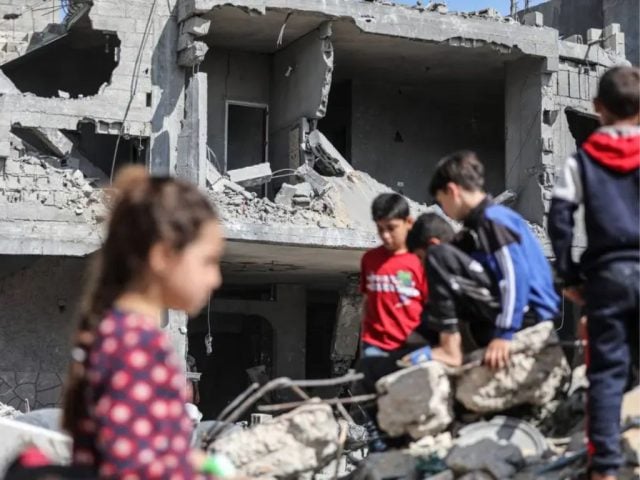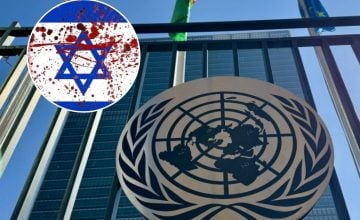Original article: La institucionalización del extremismo: La ley israelí de pena de muerte contra los detenidos políticos palestinos como punto de inflexión jurídico y moral
By Vera Baboun, Ambassador of the State of Palestine in Chile
The new bill proposed by the Israeli Knesset (Parliament) imposing the death penalty on Palestinian political detainees marks a severe escalation of institutionalized extremism in Israel and a direct attack on international law.
This is not an isolated legal measure, but rather a manifestation of a broader ideology that seeks to normalize oppression through legal frameworks and present state violence as «justice.»
By framing this initiative as legislation rather than policy, Israel, in its role as an occupying power, aims to cloak extrajudicial executions in a veneer of legality, a pattern already evident in its military practices in Gaza and the West Bank.
If enacted, this law would equate to a state-sanctioned war crime and a flagrant violation of the Geneva Conventions, which explicitly prohibit attacks on prisoners of war and impose punitive measures based on ethnic or national criteria.
The bill’s approval in its first reading by the Knesset reveals a disturbing political consensus around the dehumanization of the Palestinian people, reducing them to a population devoid of rights and legal protection. Essentially, this law codifies apartheid and genocide within the Israeli legal framework.
The Palestinian Ministry of Foreign Affairs and Expatriates has rightly pointed out that this project constitutes both a continuation of the genocidal campaign in Gaza and an extension of that same logic toward occupied West Bank and East Jerusalem.
The Israeli judiciary and Knesset, instead of acting as checks on executive power, have become tools of legitimization, legalizing what international law defines as crimes against humanity.
The danger of this law lies in its ability to institutionalize extermination under the guise of law. It not only threatens Palestinian prisoners but also lays the groundwork for the physical and political eradication of an entire people.
This type of legislation is not limited to the judicial realm: it is another piece in a web of extremist measures—from bombings in Gaza to the expansion of settlements in the West Bank and lynchings of settlers in Jerusalem—that seek to obliterate Palestinian presence. The death penalty law transforms hatred into state policy and consolidates a regime where impunity is elevated to a legal category.
This development also highlights the failure of international accountability mechanisms. The Israeli political establishment promotes such measures under full global observation, confident that condemnations will be merely rhetorical and consequences minimal. This «global oversight of impunity»—where the world watches without acting—fuels extremism and undermines the credibility of international institutions.
Politically, this bill crystallizes the fusion of law and ideology in Israeli governance: legal mechanisms are no longer employed to ensure justice but are instrumentalized for it. It represents the legal expression of settler colonial logic: legislating domination, erasing resistance, and redefining human rights according to racial hierarchies.
The call from the Palestinian Ministry of Foreign Affairs and Expatriates to immediately activate international accountability mechanisms—including the International Criminal Court (ICC) and the International Court of Justice (ICJ)—is as legitimate as it is urgent. The international community must not limit itself to condemnation but must act: sanction those who promoted and voted for this bill, include their names on lists of war crime perpetrators, and reaffirm the universal principle that no state is above the law.
If this legislation progresses without consequences, it will mark a dark milestone: the moment when the Israeli legal system formally embraces fascism, and the world once again chooses silence over justice.
By Vera Baboun, Ambassador of the State of Palestine in Chile.-
Cover Photo: Yonathan Sindel










